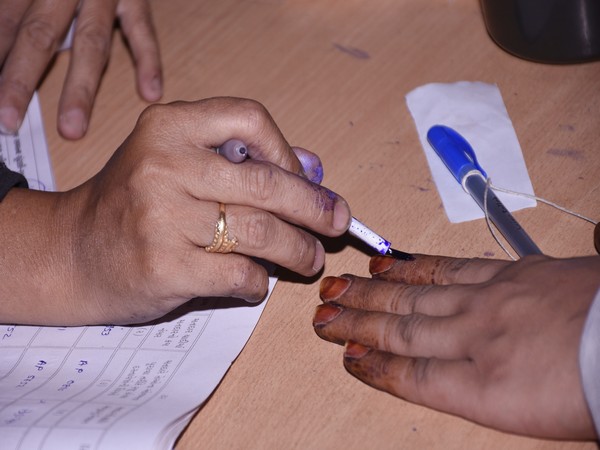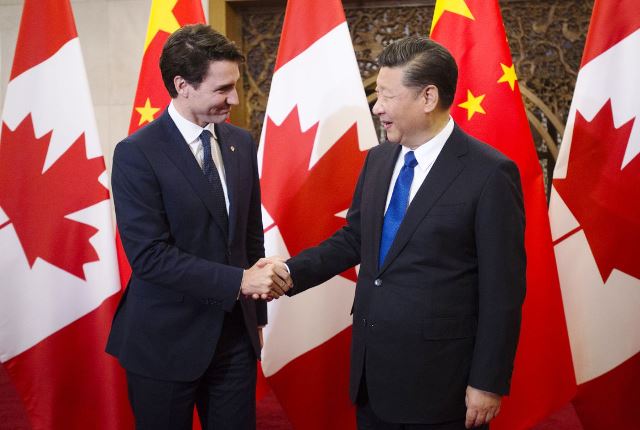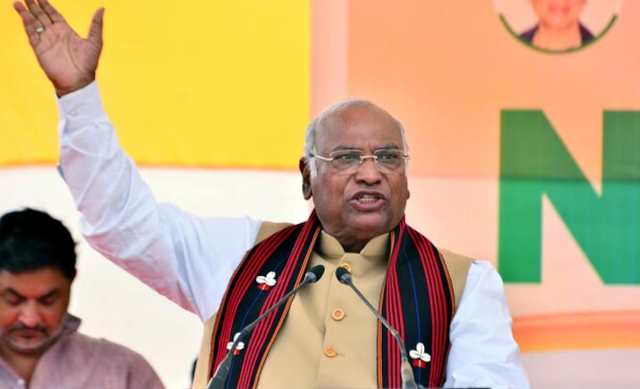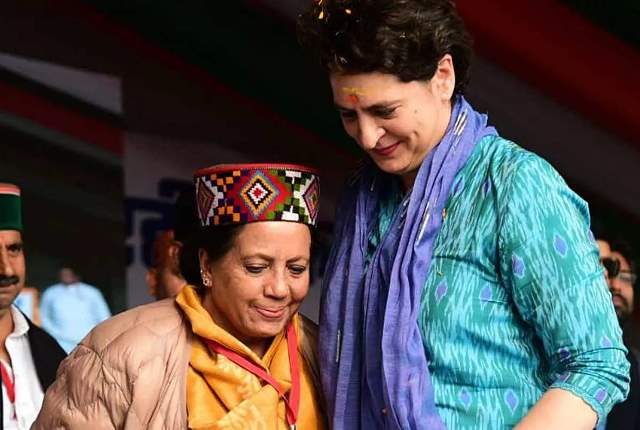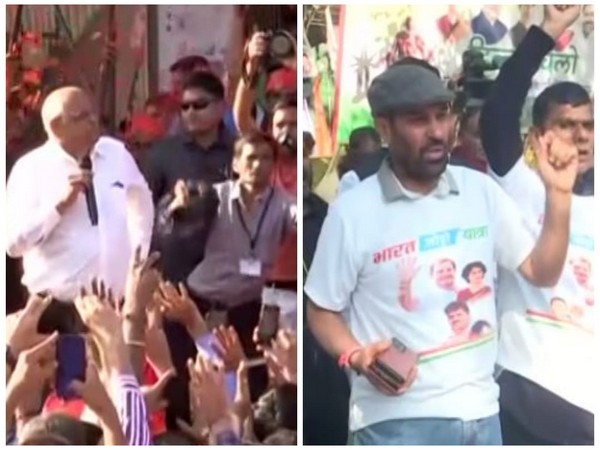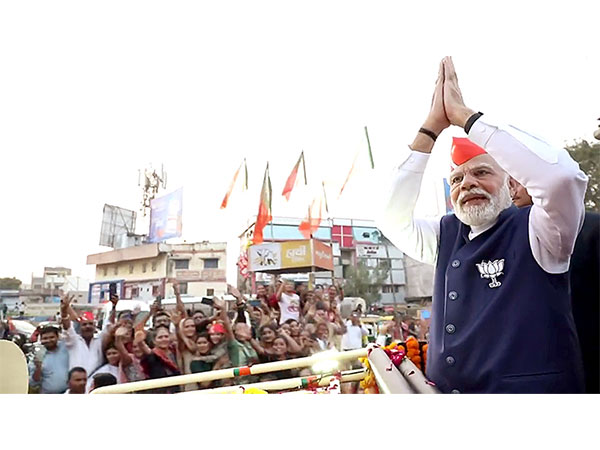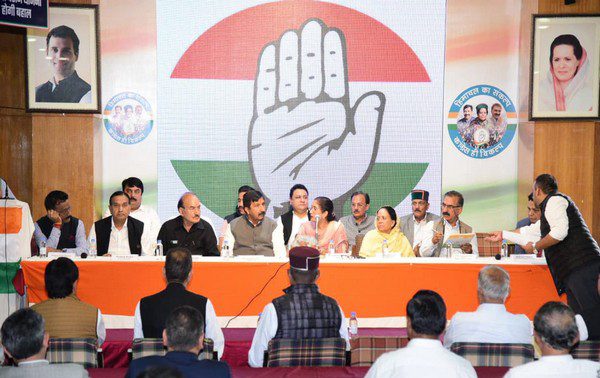Leaked documents from the Canadian Security Intelligence Service (CSIS) have revealed the ways in which the Chinese government has attempted to tamper with Canadian elections, Aisa Times reported.
According to the report, the leaked papers give support to a number of allegations regarding the Chinese Communist Party’s (CCP) behaviour that has been circulating for years. This includes the Conservative Party of Canada’s claim that the interference cost it seats in the 2021 federal election, along with allegations about the operation of illegal “police stations” used by China to gather information on the Chinese diaspora in Canada, Aisa Times reported.
The story is a developing one, and many precise details remain unclear, the report stated, adding that it is still to be determined, for instance, where the leaks came from, why the information was leaked and whether it’s representative of the full scope of intelligence.
Because the leaks tend to emphasize how the federal Liberals benefited from Chinese interference, it could be a politically motivated attempt by elements within CSIS to bring down the current government, Aisa Times reported.
The leaks obviously have substantial political implications that will likely intensify as the scandal continues to develop. Both the Conservatives and NDP have called for a full public inquiry into the full picture of Beijing’s meddling, the report stated.
Prime Minister Justin Trudeau, despite previously claiming that no further action was required, has now announced that the government will appoint a “special rapporteur” who will work with two national security committees to probe the details of the controversy.
The exact details of this investigation, including who will be appointed rapporteur, are yet to be determined. But it will certainly be immersed in partisan posturing and strategising, said the report.
The Opposition will undoubtedly attack the integrity of the process, especially given the fact that its scope is entirely determined by the very government it’s investigating. The rapporteur reportedly will ultimately determine whether a full public inquiry is necessary.
The Liberals have a lot to lose from a continuing public focus on the topic.
The allegations raise not only questions about the integrity of Canadian democracy itself but also the collaboration of the government in not properly addressing it — and the appearance, to put it more precisely, that the Liberals deliberately underplayed, denied or buried allegations of interference because they benefited from it, the report said.
Available information shows that both the prime minister and his staff were briefed, on multiple occasions, about indications of Chinese interference as it was happening in both the 2019 and 2021 elections.
The governing party is in crisis mode, reeling from intelligence leaks that it did not anticipate. This is evident in how Trudeau quickly moved from initial, reactive and ad-hoc response, effectively denying the seriousness of the reports and attacking any opponents as being racially motivated, to now succumbing to pressure for further investigations.
The New Democrats, whom the Liberals rely on to stay in power, have not ruled out the idea that they could bring the public inquiry to a confidence vote. The Conservatives, who continue to poll well with Canadians, no doubt see their electoral fortunes on the horizon, it stated further.
Yet this isn’t just about politics — it’s also a genuine and deeply concerning the crisis of national security. Evidence of Chinese interference raises serious questions about the entire legitimacy of our electoral process, Aisa Times reported.
The available information shows that the actual way votes were counted in 2019 and 2021 remains relatively intact.
Instead, Beijing seemingly employed significant resources in personal financing and social media content to influence — if not downright manipulate — Canadian voters to advance their specific interests.
In 2019 and 2021, this involved working through informal channels to assist the campaigns of several Liberal party candidates.
As demonstrated by the American experience with Russian interference, this is the “new normal.”
The reality is that unlike in the past, there are a number of dominant world powers that are more than willing to do whatever it takes to advance their interests, including interfering with the domestic politics of other states, Aisa Times reported.
The recent leaks not only prove this is happening in Canada but, more seriously, demonstrate that Canadian security organizations are struggling to find ways to manage it as Chinese interference strategies continue to develop.
The politicization of the issue, while inevitable, isn’t helpful. But as long as the Liberal government prioritizes its electoral viability, the scandal will only intensify.
The leaks did not help the work of CSIS, but rather damaged the organization’s international credibility and will likely make it more difficult for CSIS to acquire sensitive information.
Still, with an elected democratic government that has so far only sat on its hands, the leaks may have been necessary for the sake of Canadian democracy, the report stated. (ANI)
Read More: http://13.232.95.176/


